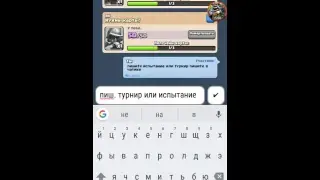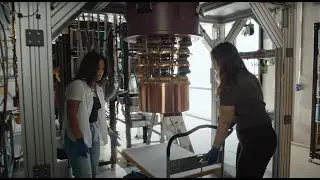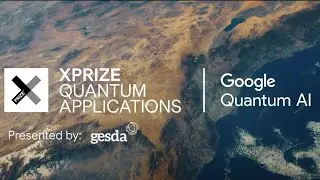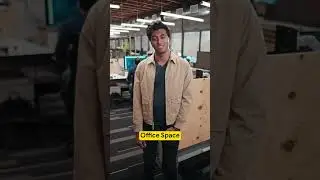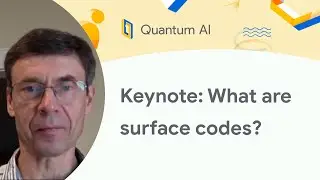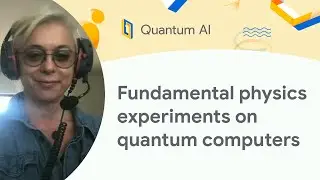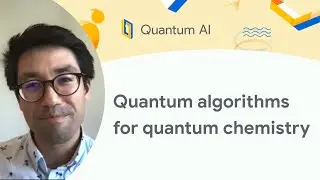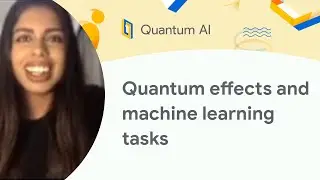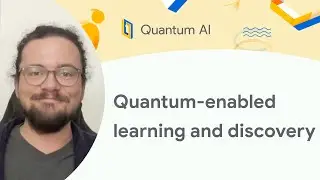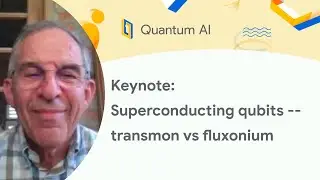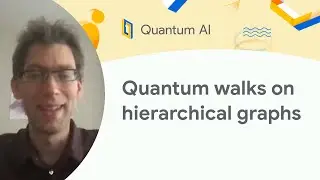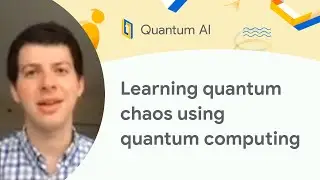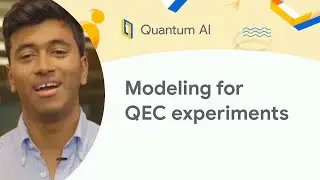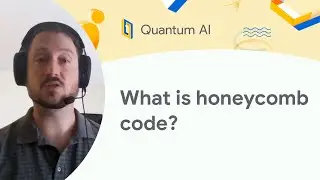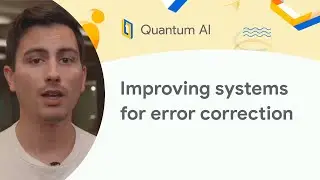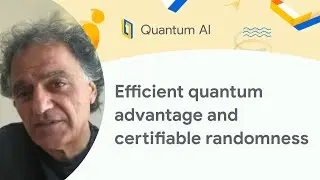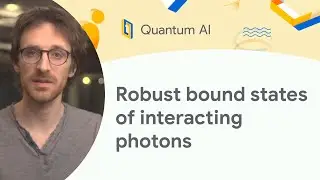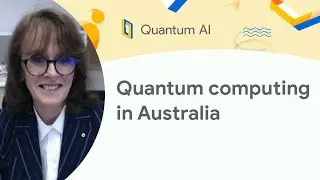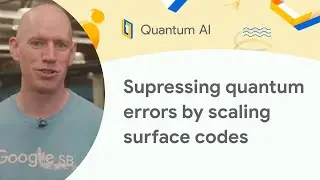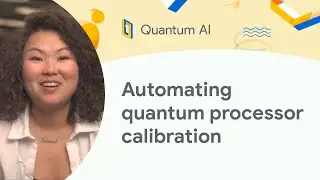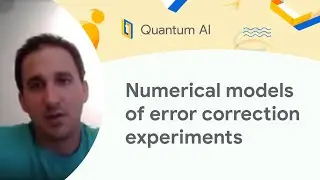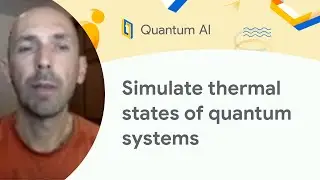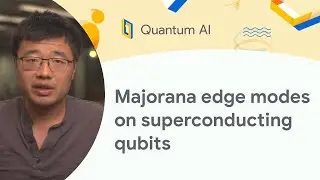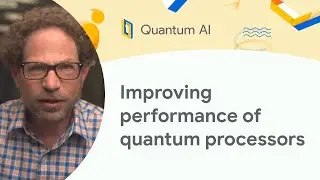Quantum’s next leap: Ten septillion years beyond-classical
In 2019, Google made history by demonstrating the first beyond-classical computation, performing a benchmark task in 200 seconds—that would have taken one of the world’s fastest classical supercomputers at the time 10,000 years.
Fast forward to 2024, and Google’s latest quantum chip, Willow, has redefined what’s possible. As a measure of Willow’s performance, we reran the random circuit sampling (RCS) benchmark and the results are astonishing. Willow completed the task in 300 seconds, which would take one of today’s fastest classical supercomputers 10 septillion years. That’s 10^25 or 10,000,000,000,000,000,000,000,000 years.
This is a timeframe longer than the age of the universe itself!
In this discussion, you’ll hear from:
Sergio Boixo, Principal Scientist at Google Quantum AI
Hartmut Neven, Vice President of Engineering at Google Quantum AI
John Preskill, Director, Institute for Quantum Information and Matter at Caltech
What is random circuit sampling (RCS)?
Pioneered by our team and now widely used as a standard in the field, RCS is the classically hardest benchmark that can be done on a quantum computer today. RCS is used to demonstrate the rapidly growing gap between quantum and classical computers and highlights how quantum processors are peeling away at a double exponential rate and will continue to vastly outperform classical computers as qubits are scaled up. It involves generating and measuring the output of random quantum circuits, which are sequences of quantum gates applied to qubits in a seemingly arbitrary fashion.
RCS is not designed to solve any practical problems but rather to highlight where quantum computers can outperform classical computers. When a quantum computer completes RCS in a fraction of the time it would take a classical computer, it demonstrates quantum advantage or beyond-classical performance.
What will we see in this video?
In this discussion of the Google Quantum AI team’s latest groundbreaking news, Hartmut Neven, John Preskill, and Sergio Boixo explore the meaning of this quantum milestone. Neven emphasized the exponential growth in compute power for classical supercomputers that has been outpaced by what’s now described as “Neven’s Law”--a double exponential increase in quantum processing capability.
Preskill highlighted the resilience of quantum systems, which, despite inherent noise and errors, outperform classical supercomputers by running millions of simulations in mere minutes. This progress underscores quantum computing’s potential to tackle complex quantum systems and even discover new forms of matter.
The RCS benchmark is not practical for real-world applications, but it’s a critical proving ground. As Sergio Boixo explained, if a quantum processor can outperform classical systems here, it opens doors to broader computational breakthroughs.
Google’s roadmap aims to develop quantum chips with a thousand logical qubits, translating to a million physical qubits. Milestone by milestone, the team is steadily progressing toward building quantum systems for real-world and commercially relevant applications.
This leap in quantum computing is not just a technological marvel—it’s a step toward unlocking unprecedented solutions for science, industry, and humanity.
Stay tuned as Google continues to push the boundaries of what’s computationally possible.
Additional Resources:
Learn more about RCS from our researchers → https://goo.gle/4ilm98o
Subscribe to Google Quantum AI → https://goo.gle/QuantumAI
#GoogleQuantumAI #QuantumAI




![[VAC Undetected] TF2 Aimbot - Project Darkstorm [13/08/2012]](https://images.videosashka.com/watch/5mbVwZdgzPY)


